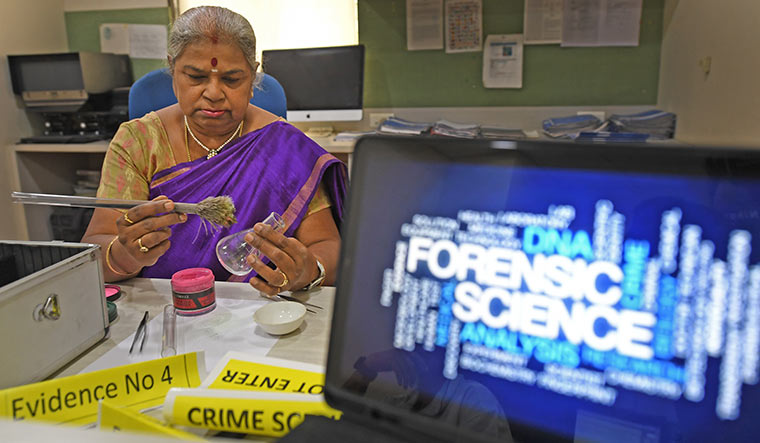When Dr. Rukmani Krishnamurthy walked into Bombay’s Forensic Science Laboratory in 1974, she was the only woman in a room full of men who questioned her very presence. “What will a lady do here?” a colleague asked. Five decades later, she is remembered as the woman who redefined how science serves justice in India.
Breaking Barriers in a Male-Dominated Field
Born into a modest family, Dr. Krishnamurthy entered forensic science when women rarely occupied such spaces. With a doctorate in zoology, she chose a career that few in India even understood at the time. Her appointment to the laboratory marked the beginning of a career that would place her at the center of some of the country’s most pivotal criminal investigations.
From Train Fires to Terror Attacks
In 1976, when a fire broke out on a suburban train in Matunga, it was Krishnamurthy who detected kerosene residues and traced a burnt container, evidence that forced authorities to ban inflammable substances on trains nationwide. Nearly two decades later, in the aftermath of the 1993 Mumbai bombings, she led a team that worked around the clock for months, piecing together forensic evidence critical to one of India’s largest terror trials.
Building Institutions, Expanding Science
As Director of the Maharashtra Forensic Science Laboratory from 2002 to 2008, Dr. Krishnamurthy spearheaded the creation of six new laboratories across the state. Under her leadership, India saw rapid adoption of advanced tools: DNA profiling, cyber forensics, voice identification, narco-analysis, and brain-mapping techniques. Her reforms transformed a slow-moving system into one capable of matching global standards.
Beyond Government: Forging New Paths
After retiring from government service, she launched Helik Advisory, India’s first ISO-certified private forensic company, aligning its practices with the FBI. She also served on the academic councils of leading forensic universities, guiding the next generation of scientists and writing two authoritative books that remain references in classrooms.
A Lasting Legacy
Now in her seventies, Dr. Krishnamurthy continues to lecture worldwide and advocate for “social forensics” — making scientific tools accessible to ordinary citizens in everyday disputes. Her career has earned her lifetime achievement awards and the reputation of being India’s “First Lady of Forensics.”
Her story is less about crime scenes and courtrooms than about persistence — a reminder that sometimes, the hardest evidence to ignore is the success of a woman who refused to step aside.


